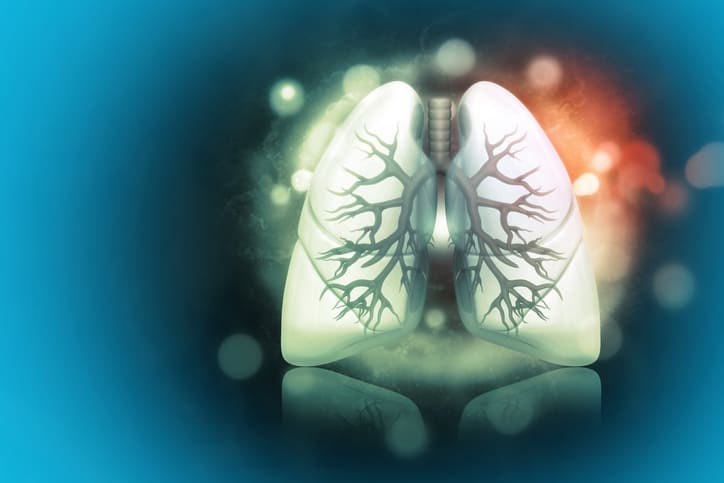Preventing, treating, and promoting recovery from critical illness due to pulmonary disease are foundational goals of the critical care community and the National Heart, Lung, and Blood Institute. Decades of clinical research in acute respiratory distress syndrome, acute respiratory failure, pneumonia, and sepsis have yielded improvements in supportive care, which have translated into improved patient outcomes. Novel therapeutics have largely failed to translate from promising pre-clinical findings into improved patient outcomes in late-phase clinical trials. Recent advances in personalized medicine, “big data”, causal inference using observational data, novel clinical trial designs, pre-clinical disease modeling, and understanding recovery from acute illness promise to transform the methods of pulmonary and critical care clinical research. To assess the current state, research priorities, and future directions for adult pulmonary and critical care research, the NHLBI assembled a multidisciplinary working group of investigators. This working group identified recommendations for future research, including: (1) focusing on understanding the clinical, physiological, and biological underpinnings of heterogeneity in syndromes, diseases, and treatment-response with the goal of developing targeted, personalized interventions; (2) optimizing pre-clinical models by incorporating comorbidities, co-interventions, and organ support; (3) developing and applying novel clinical trial designs; and (4) advancing mechanistic understanding of injury and recovery in order to develop and test interventions targeted at achieving long-term improvements in the lives of patients and families. Specific areas of research are highlighted as especially promising for making advances in pneumonia, acute hypoxemic respiratory failure, and acute respiratory distress syndrome.
Identifying Clinical Research Priorities in Adult Pulmonary and Critical Care: NHLBI Working Group Report.


